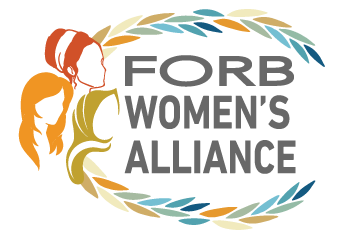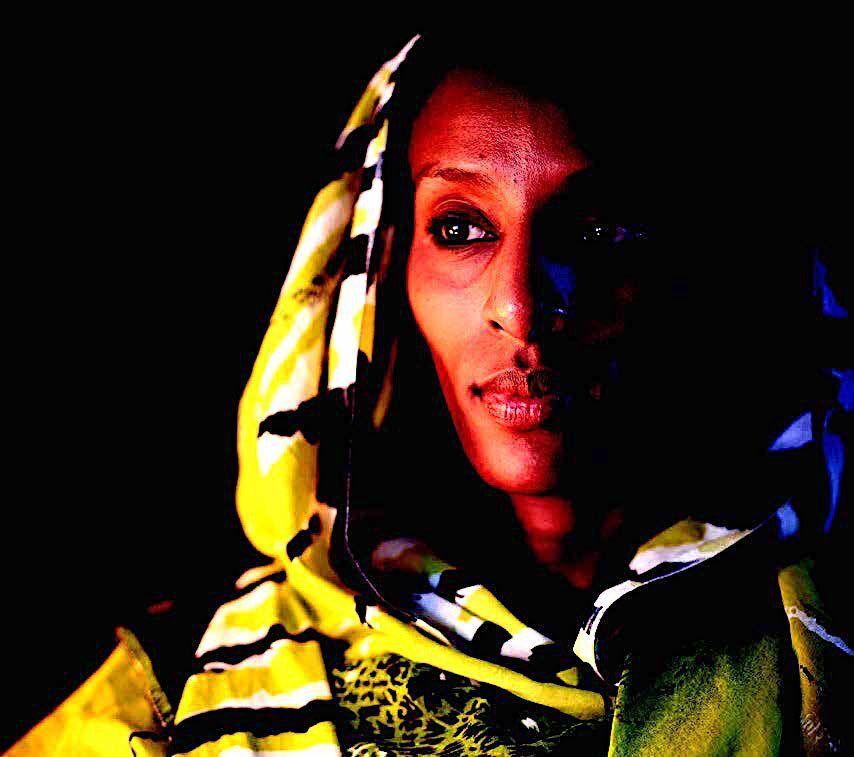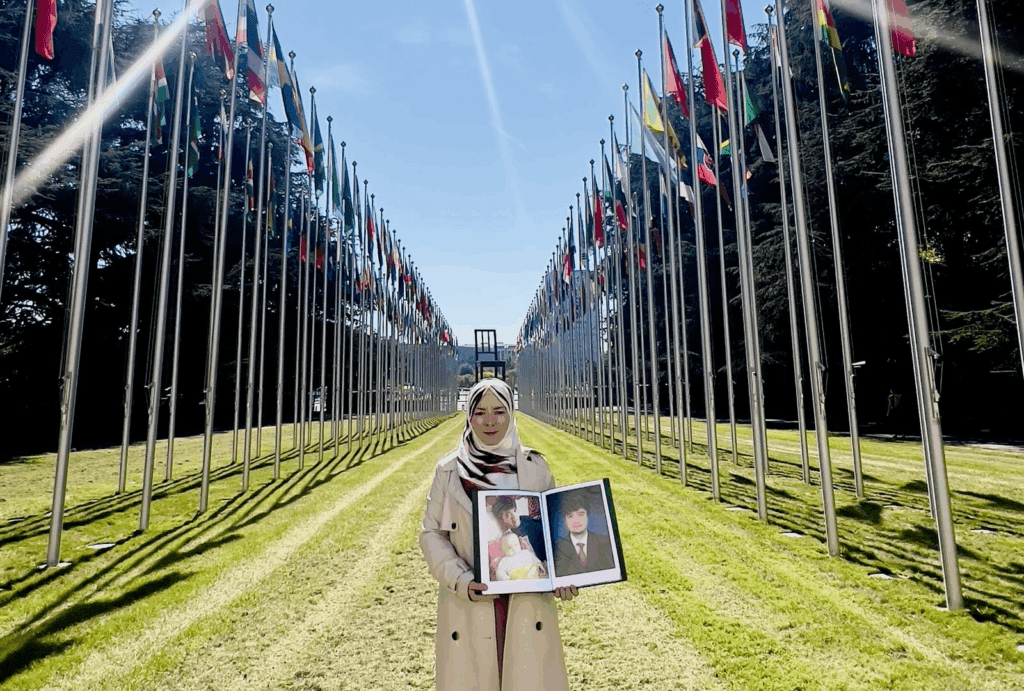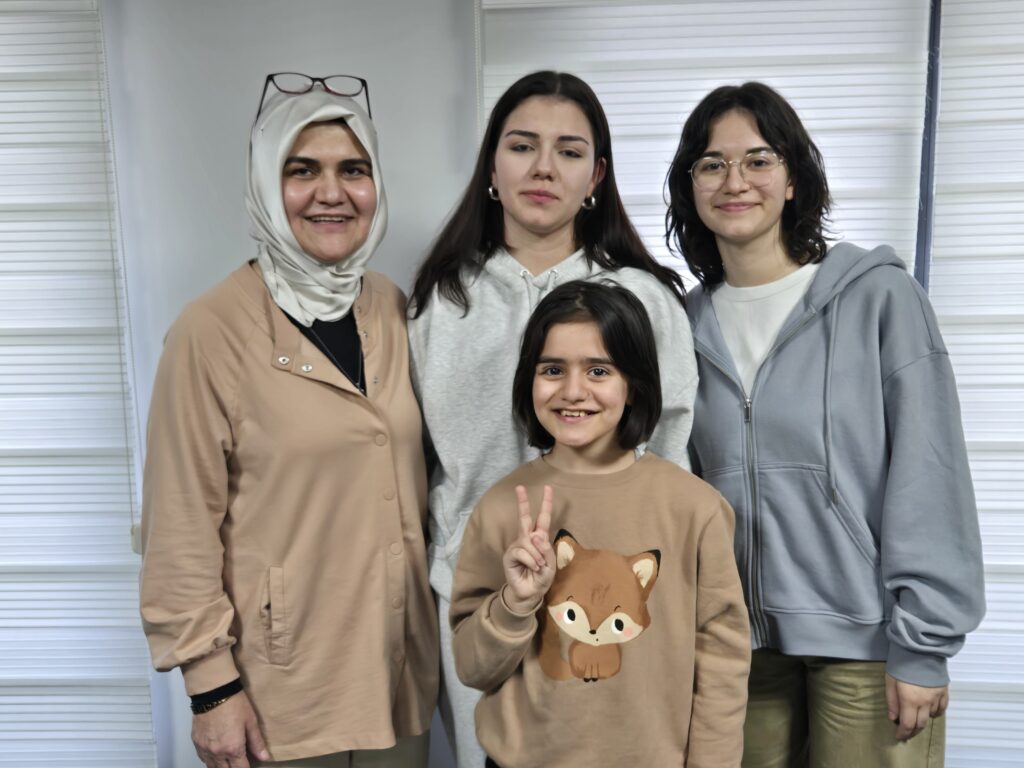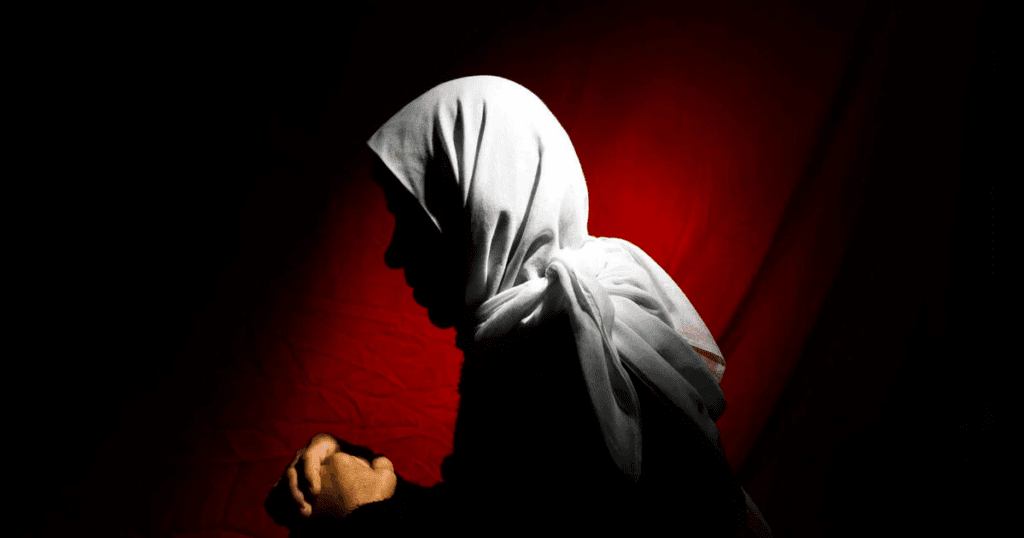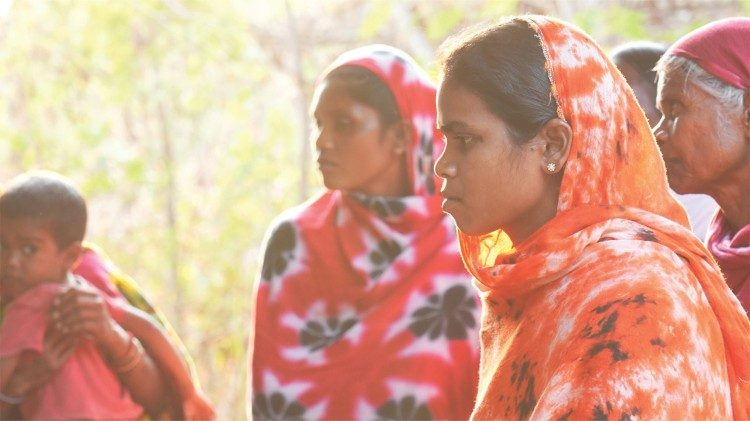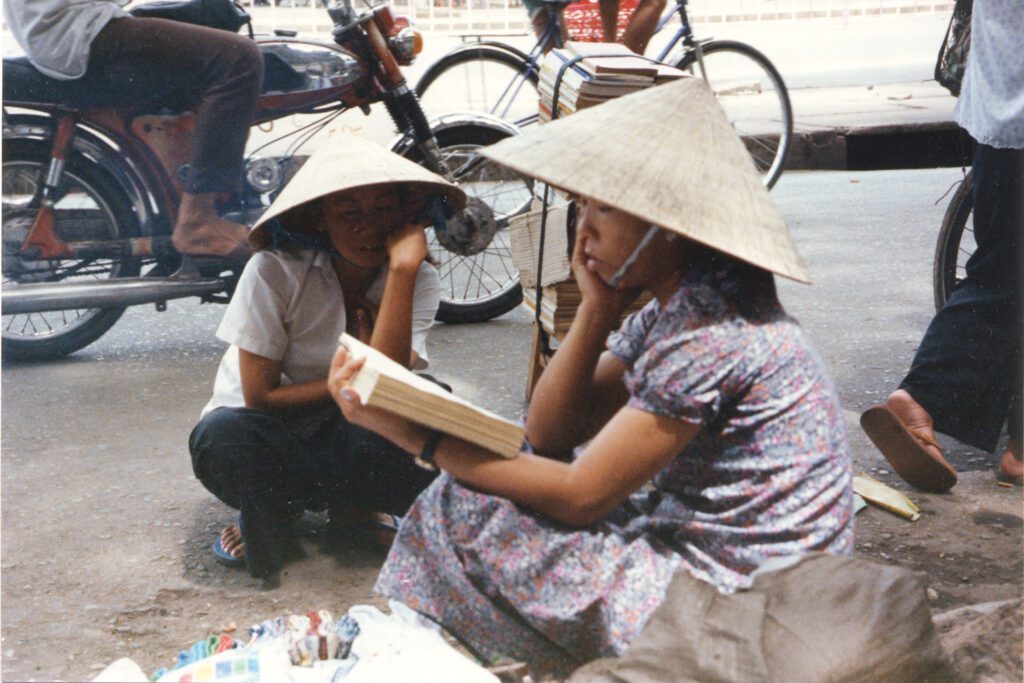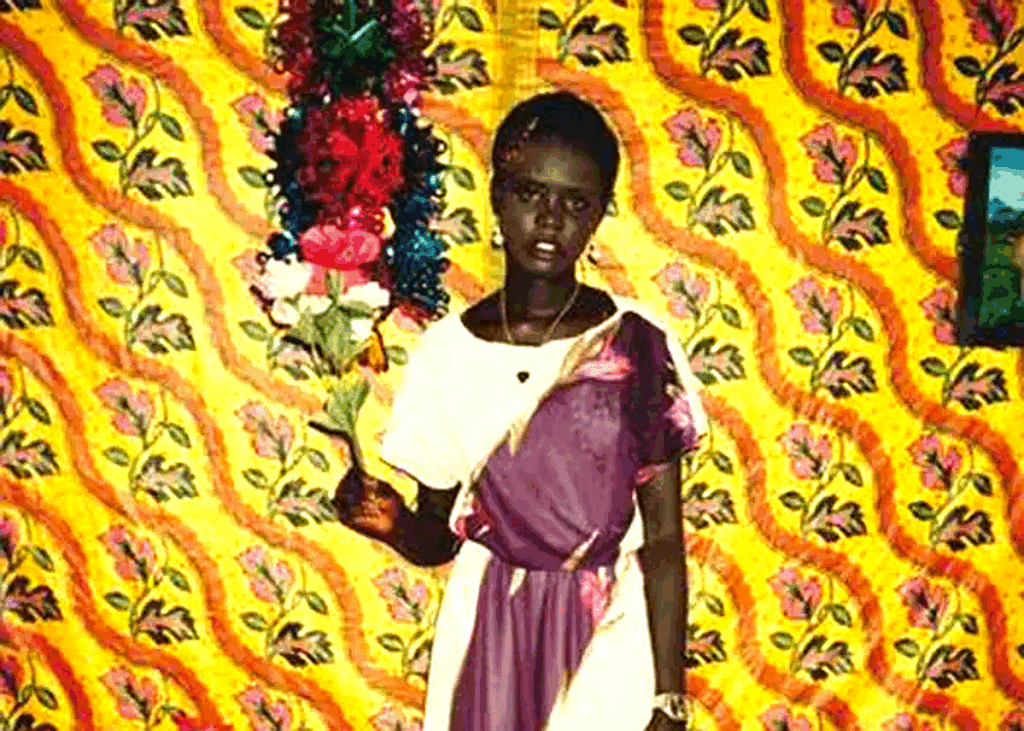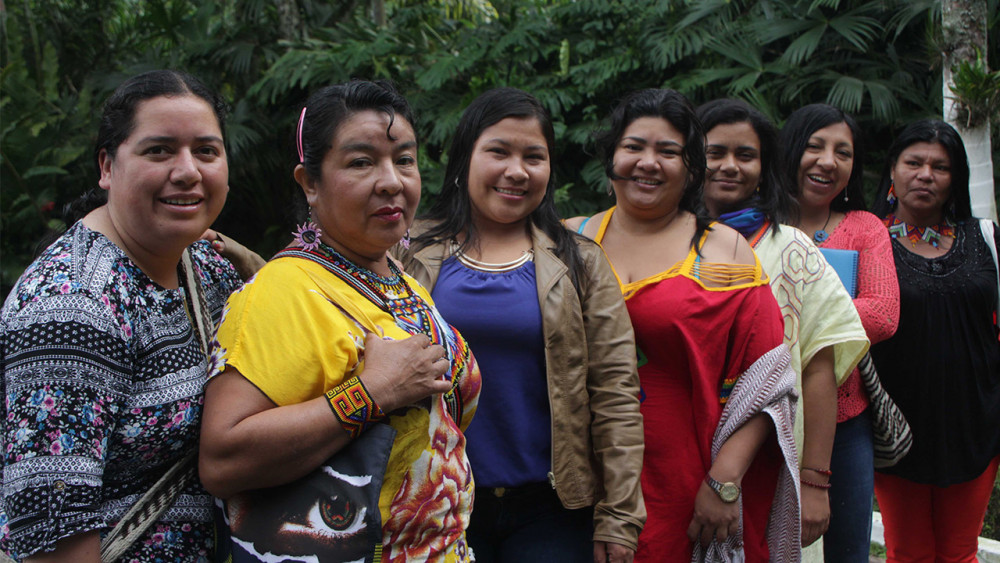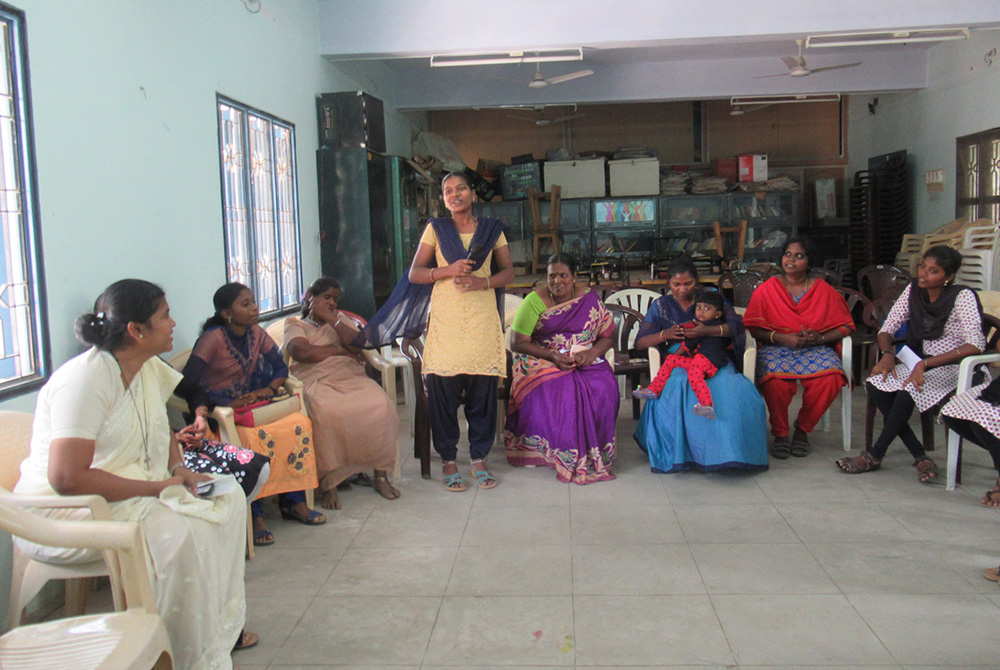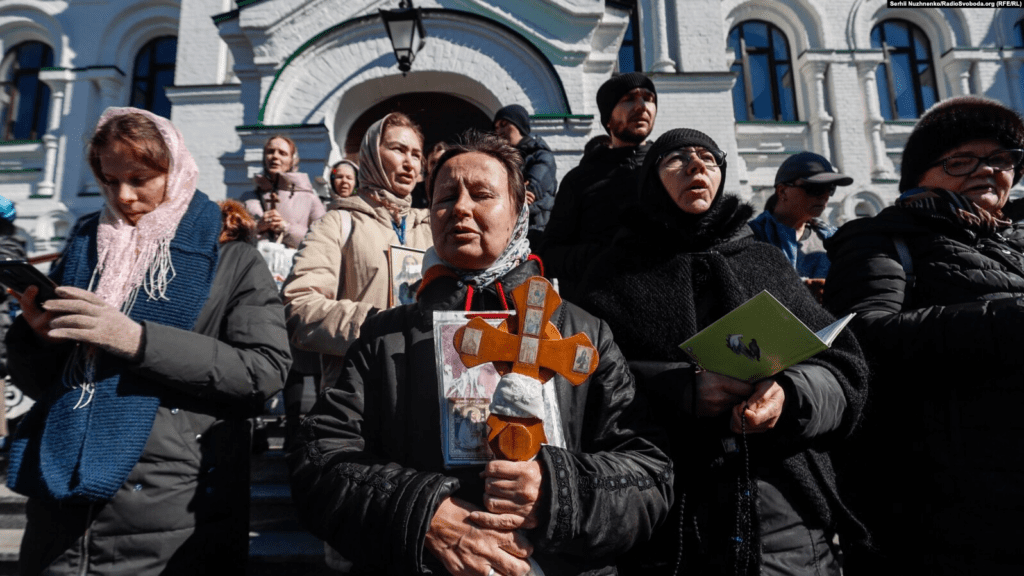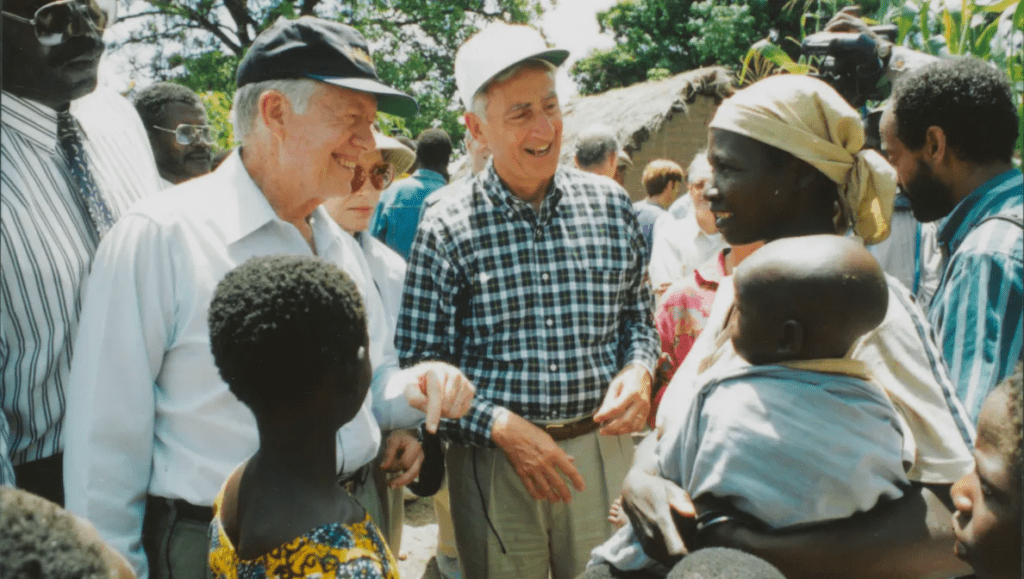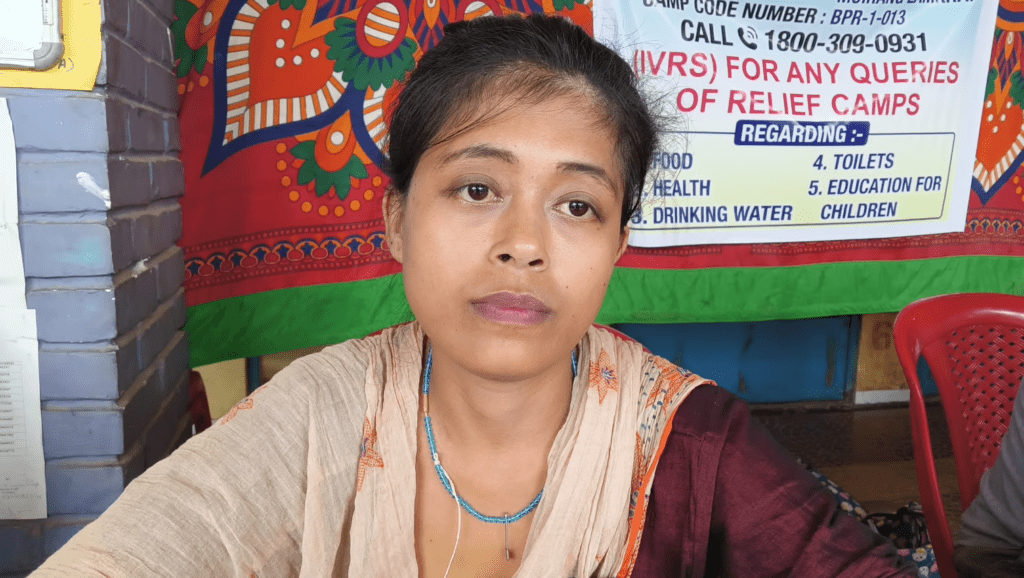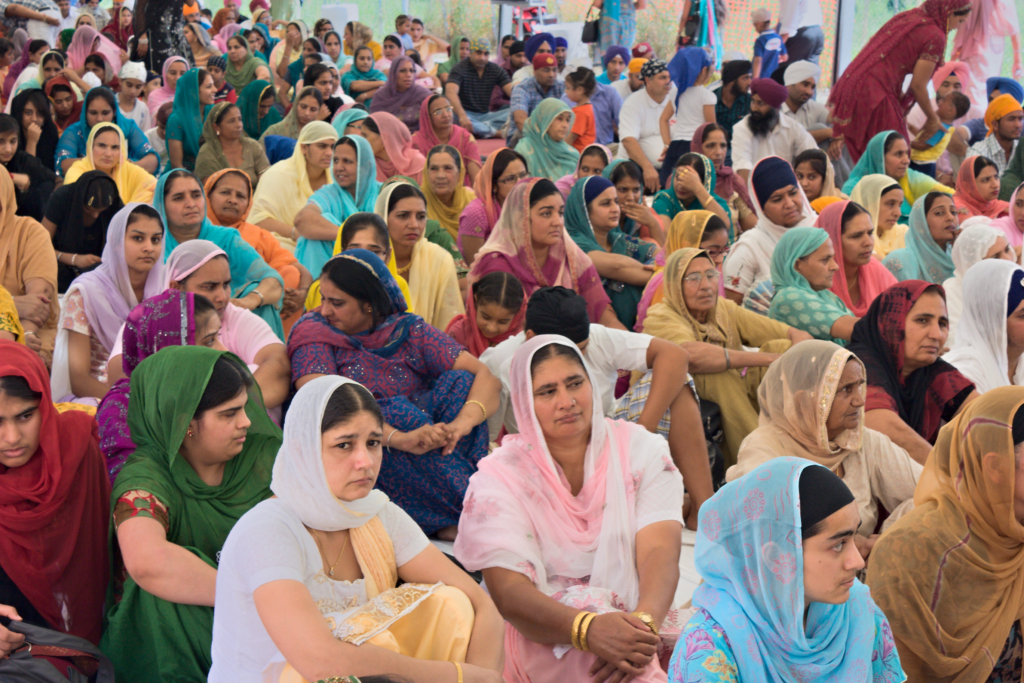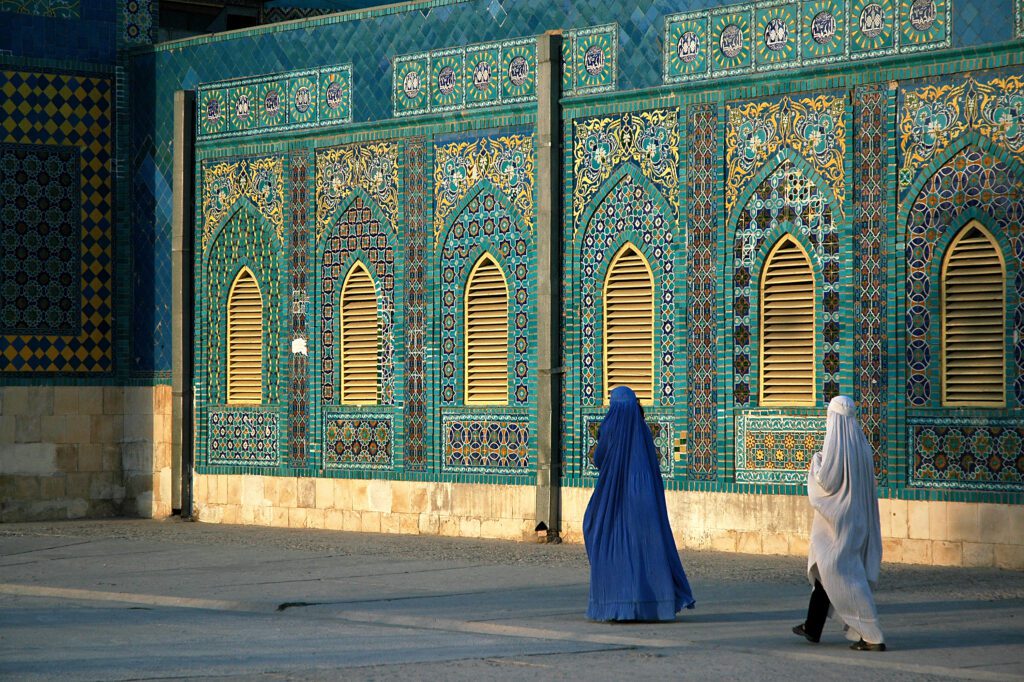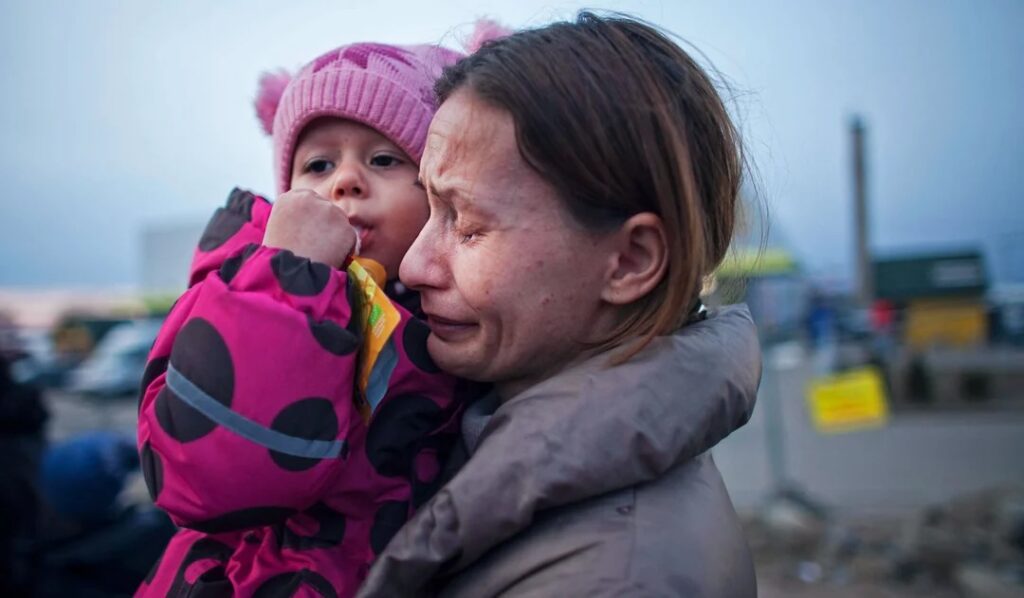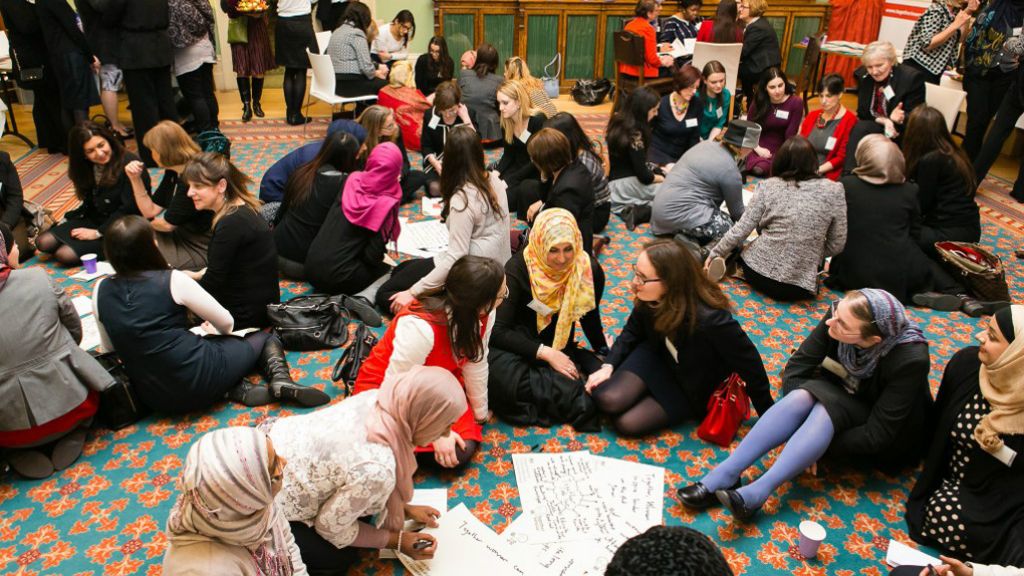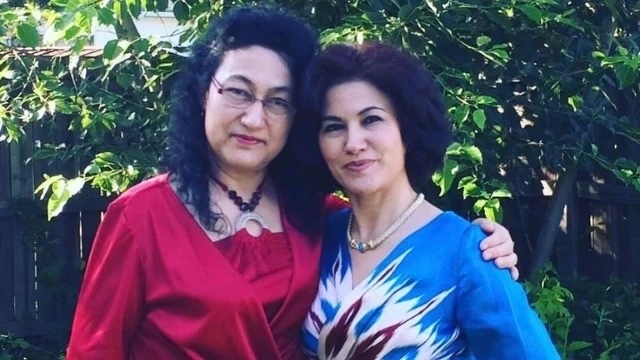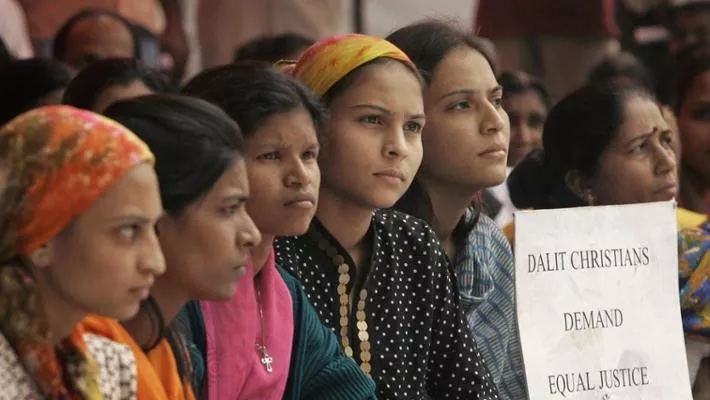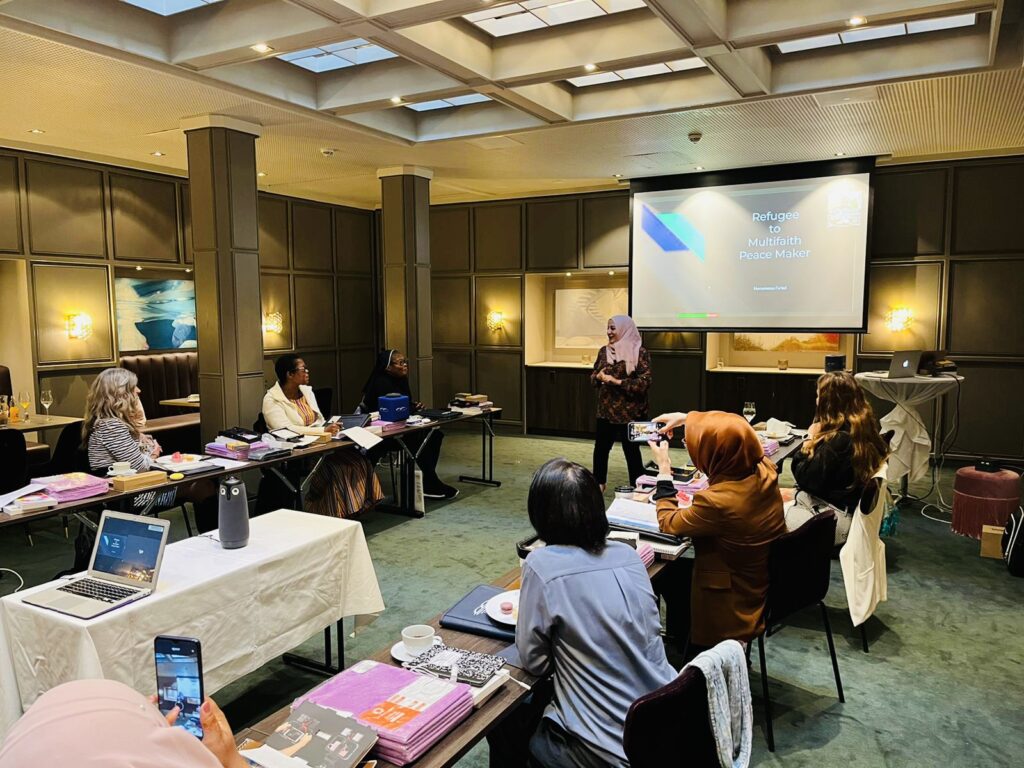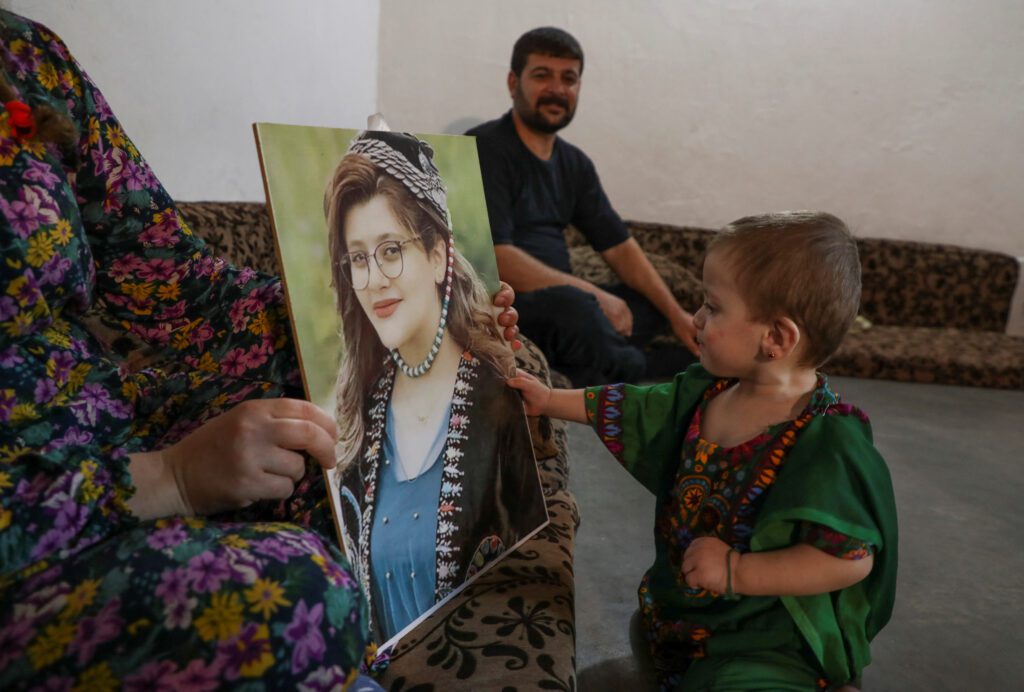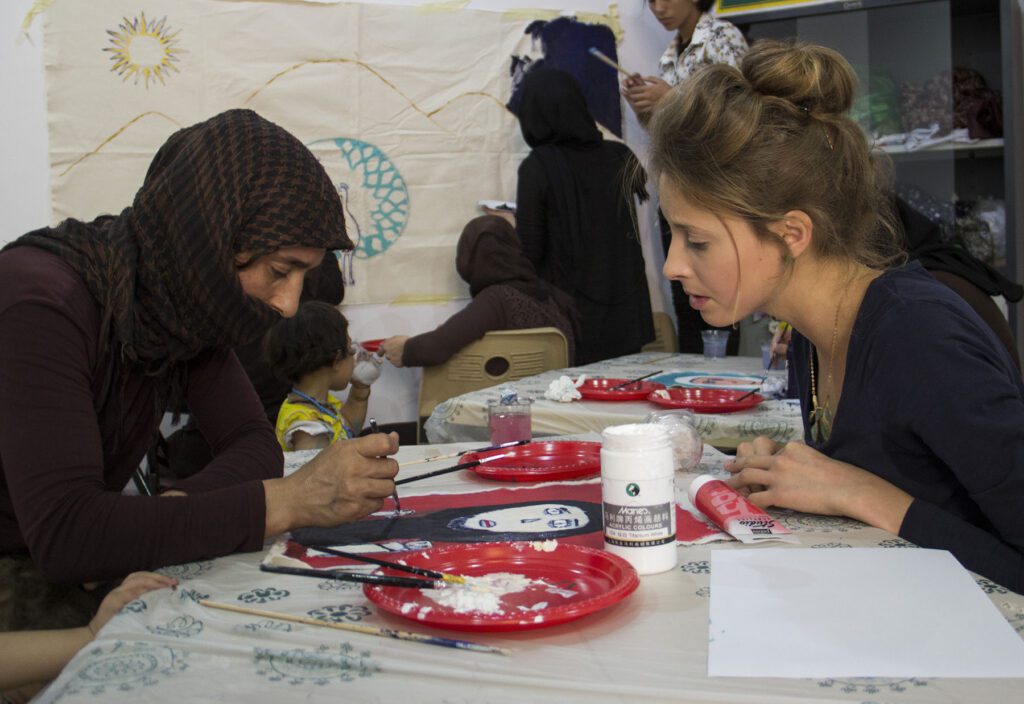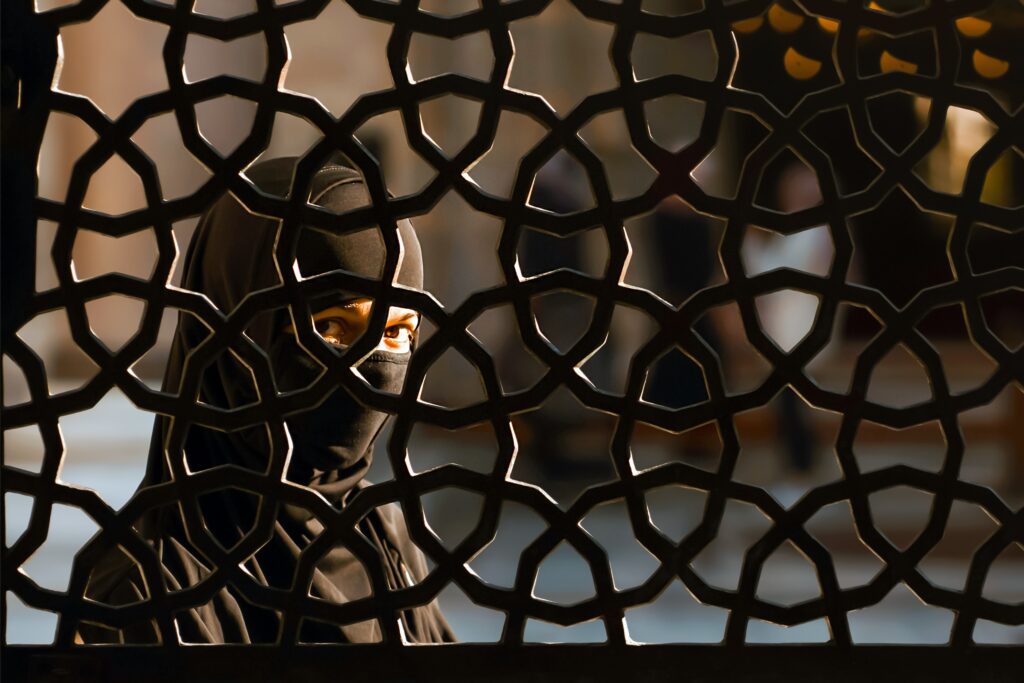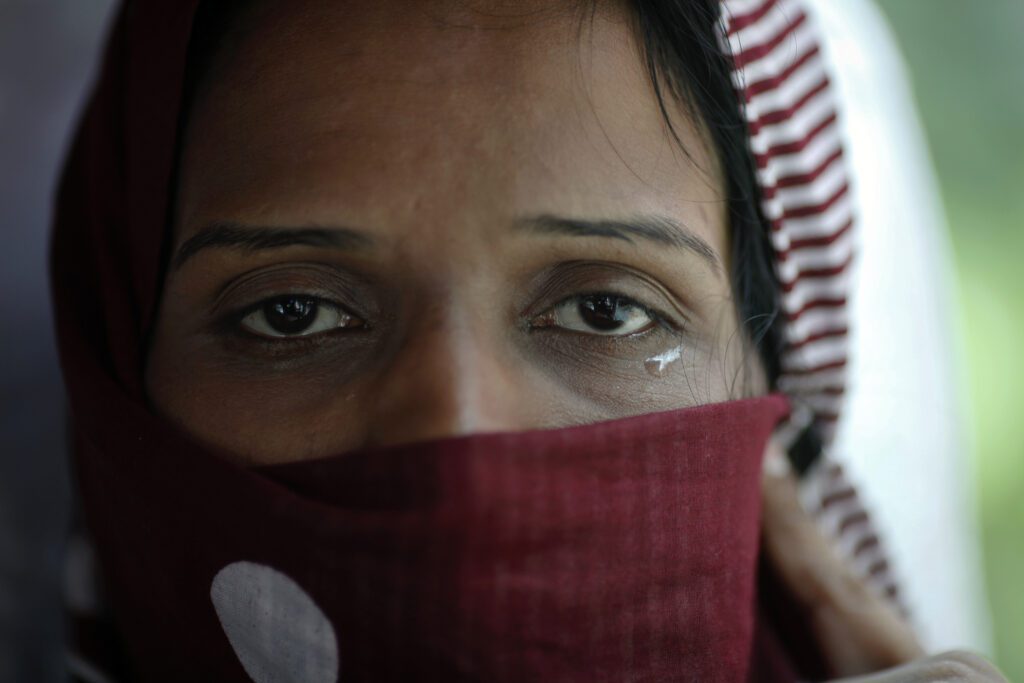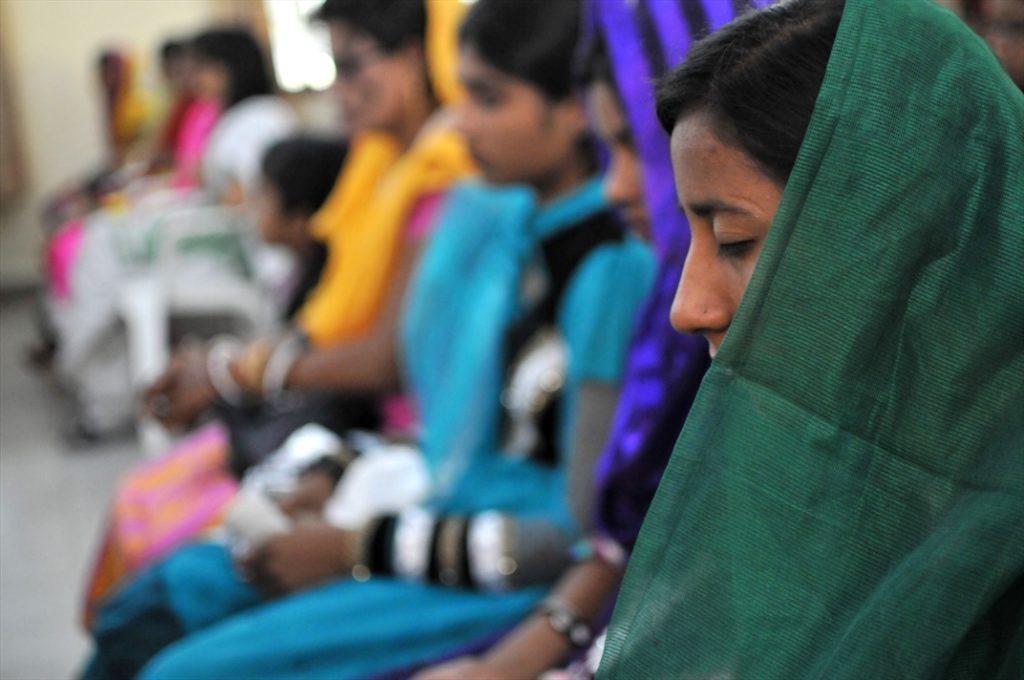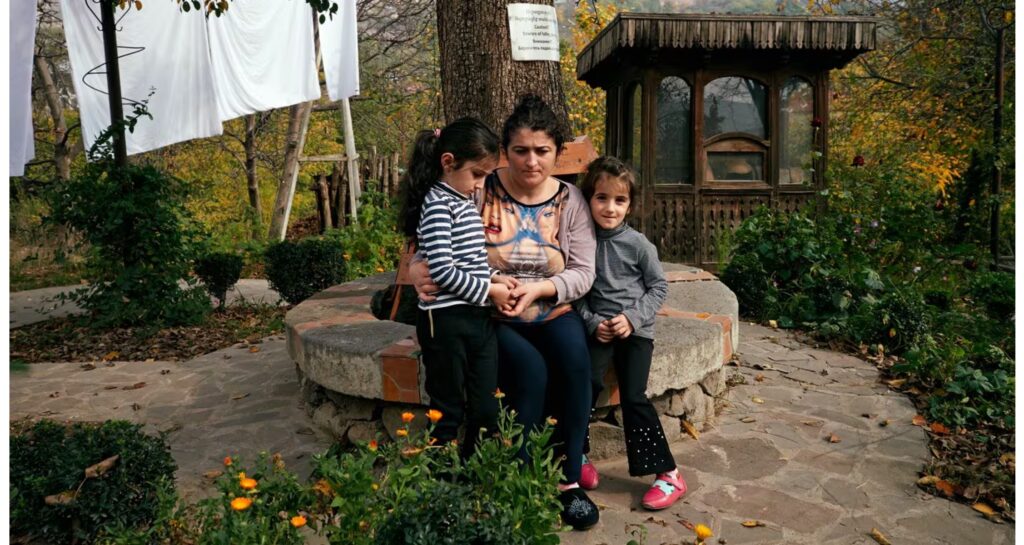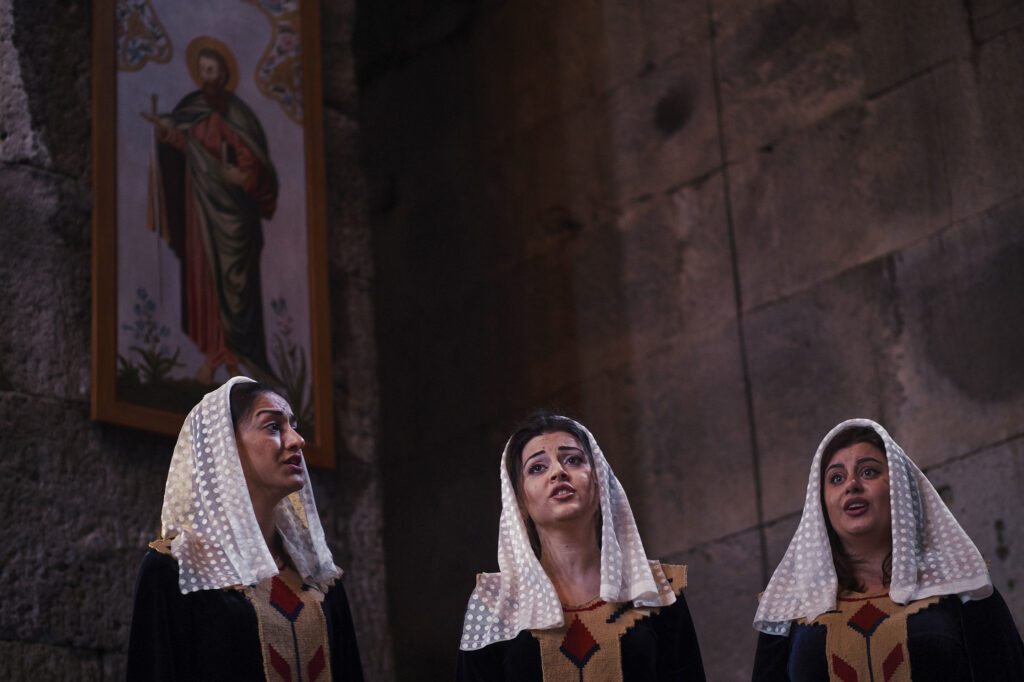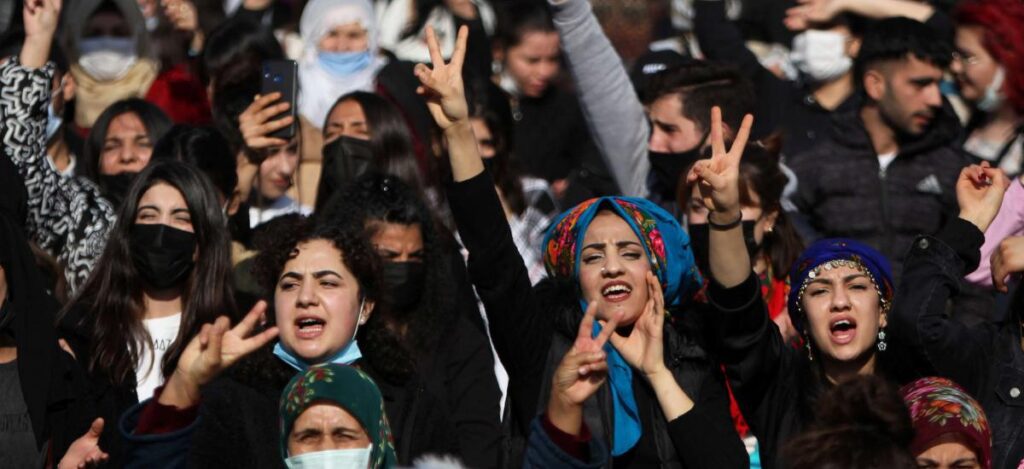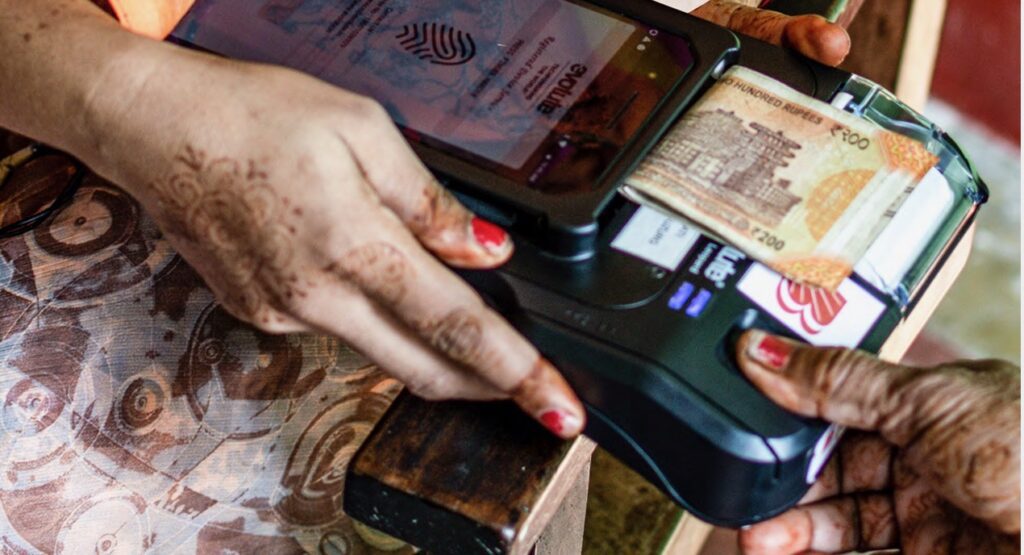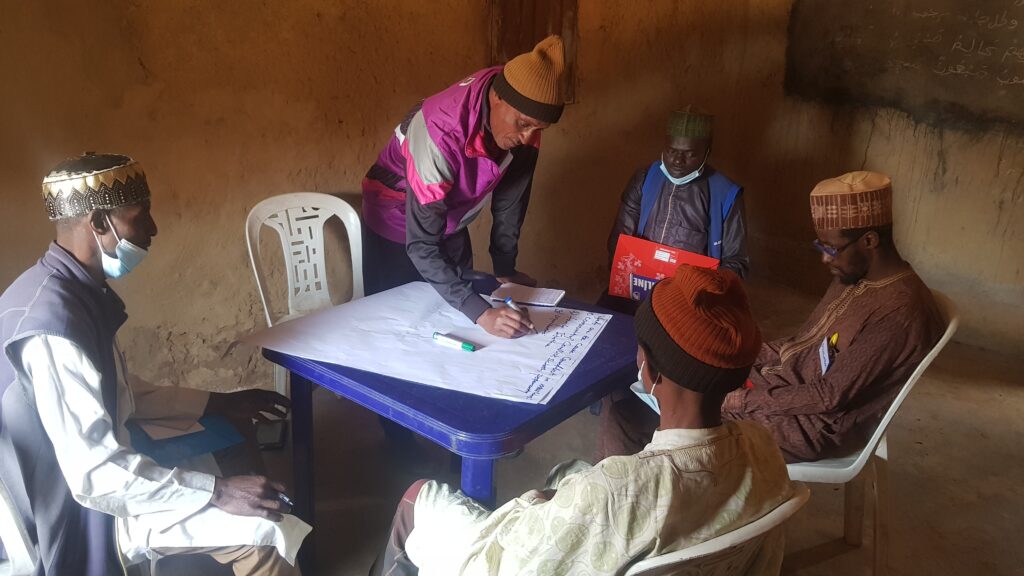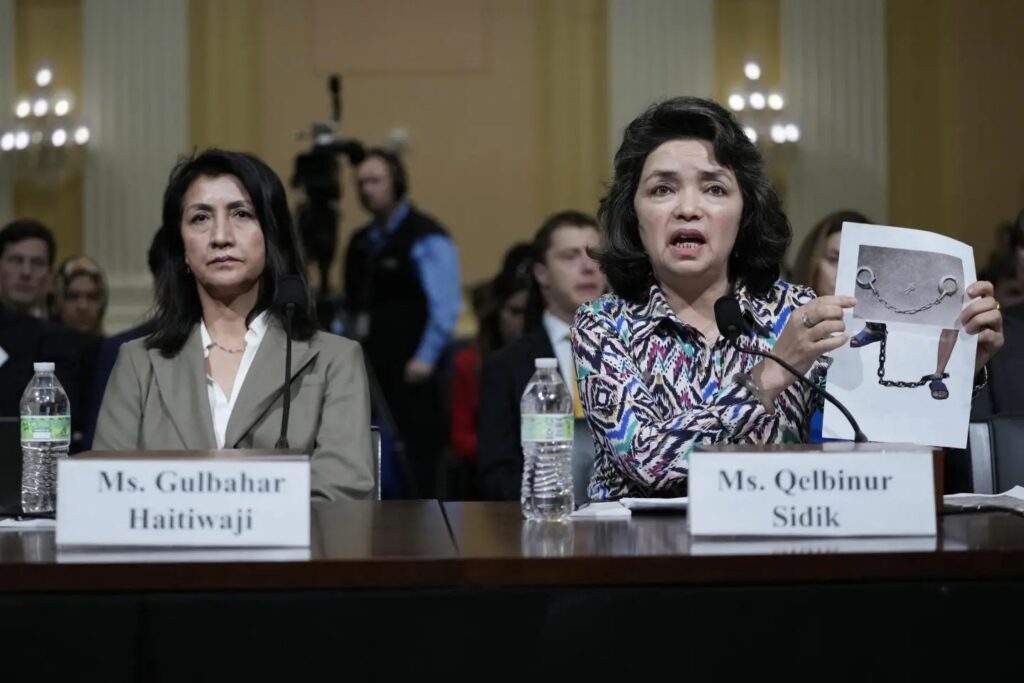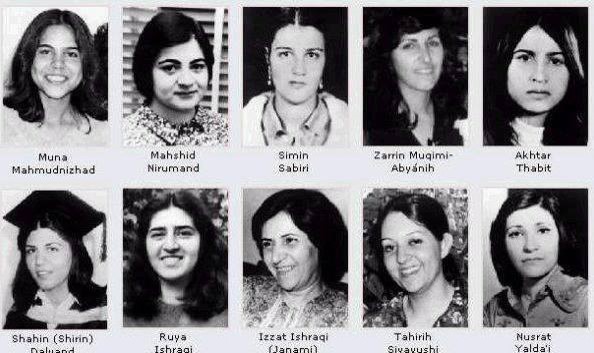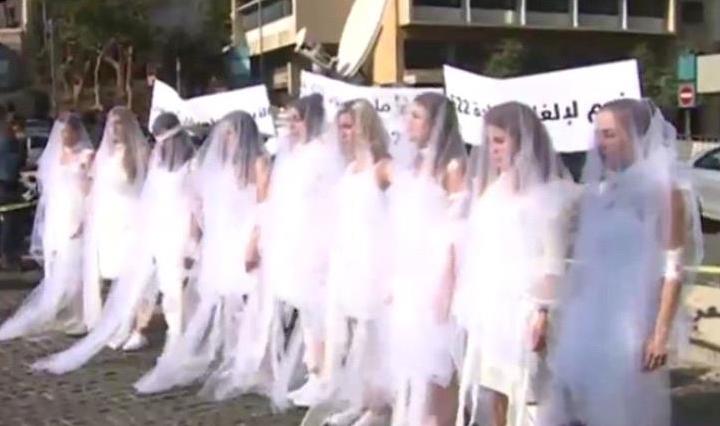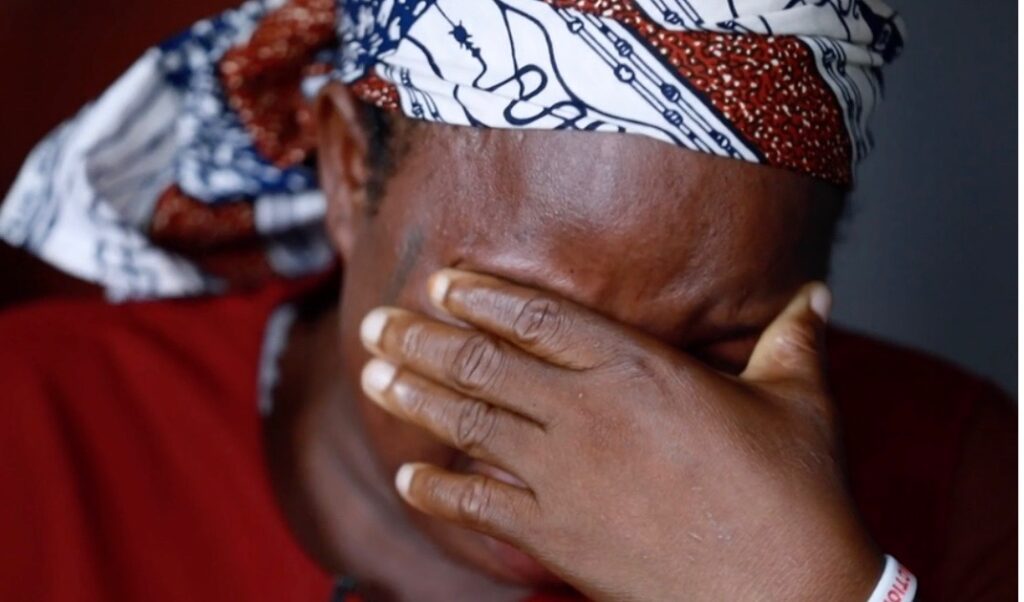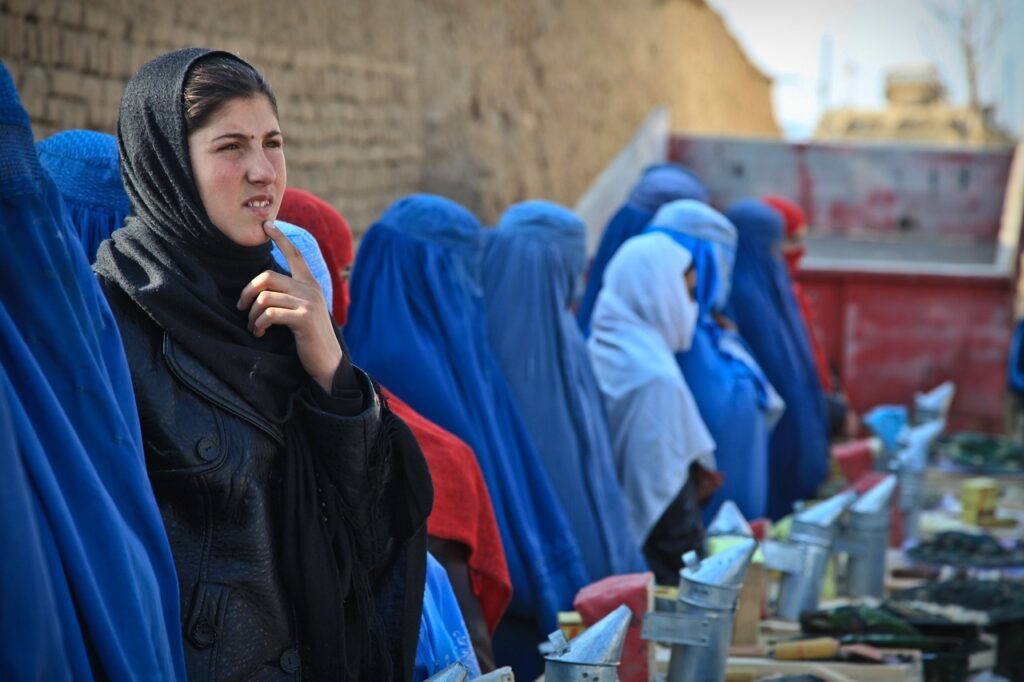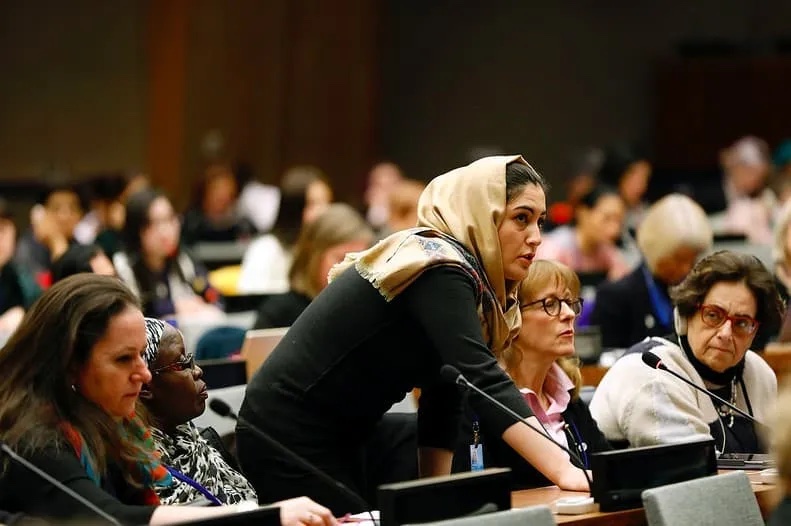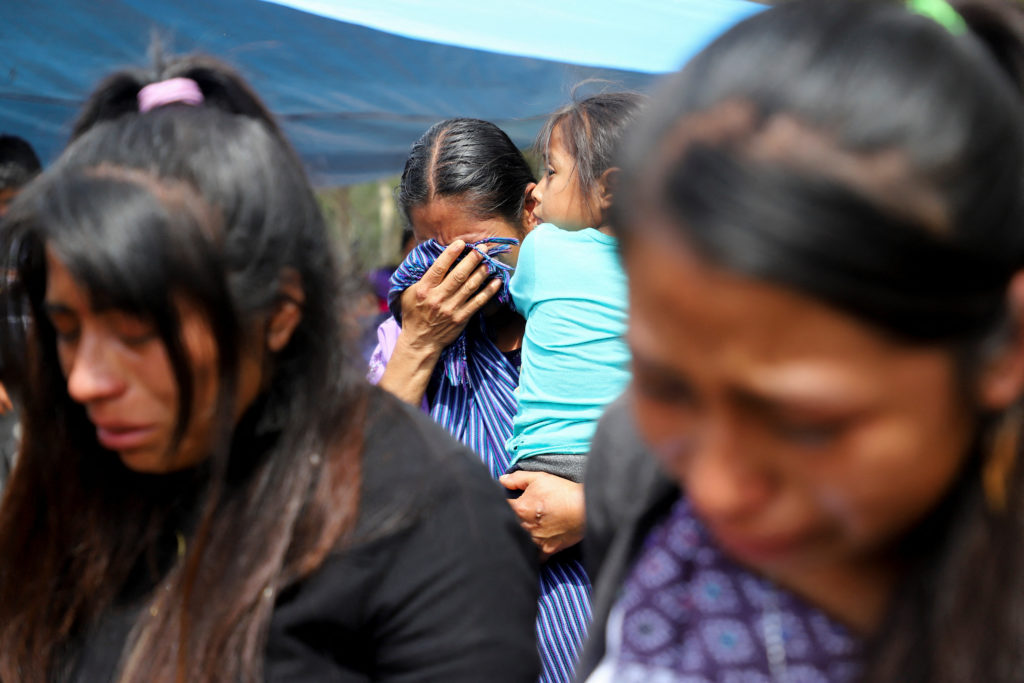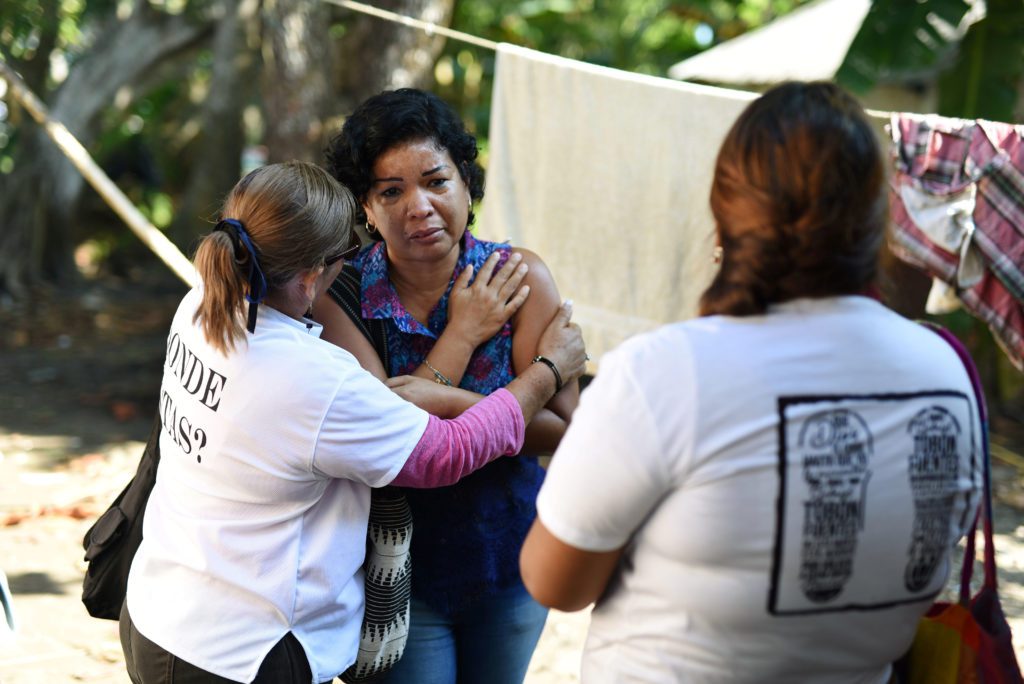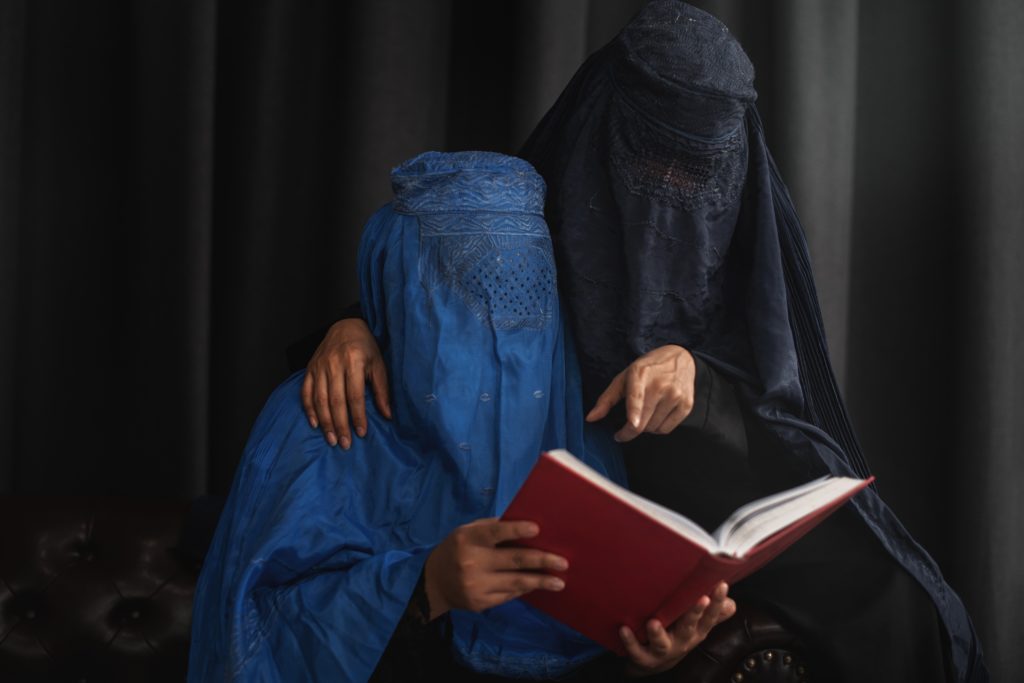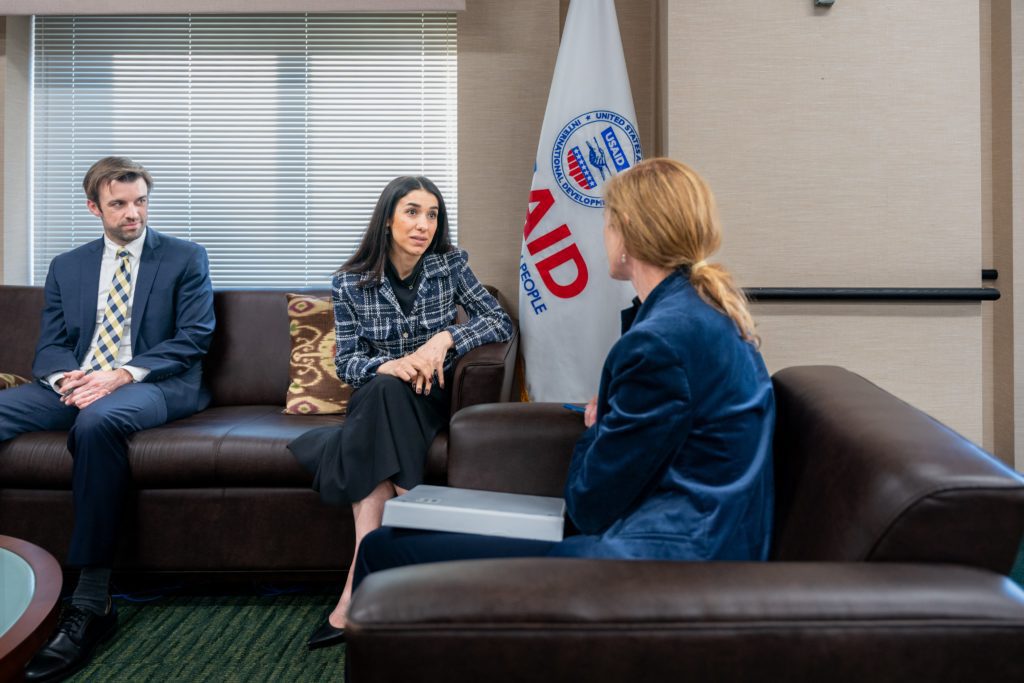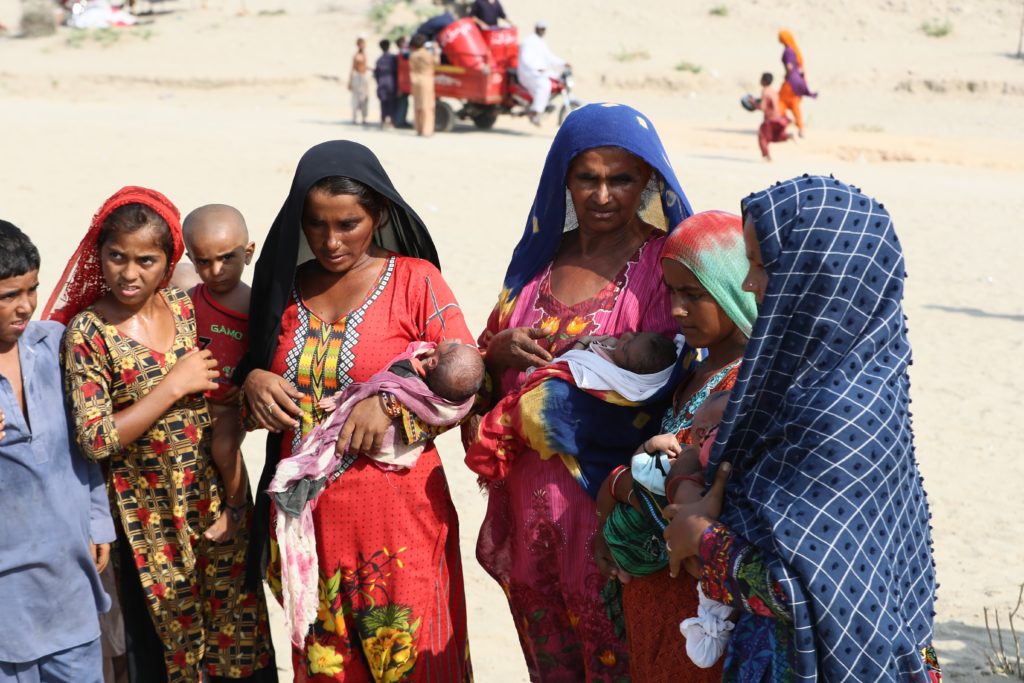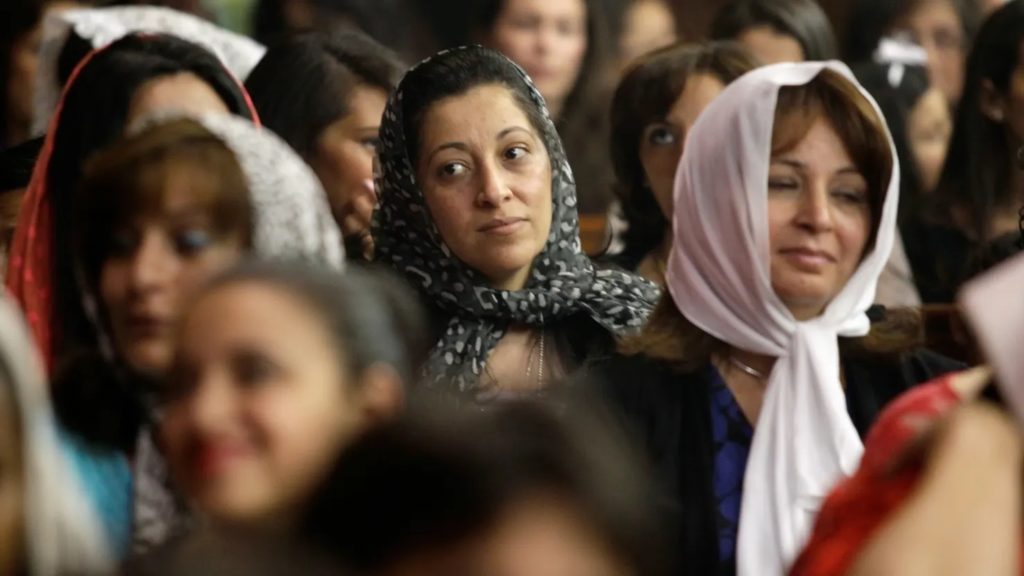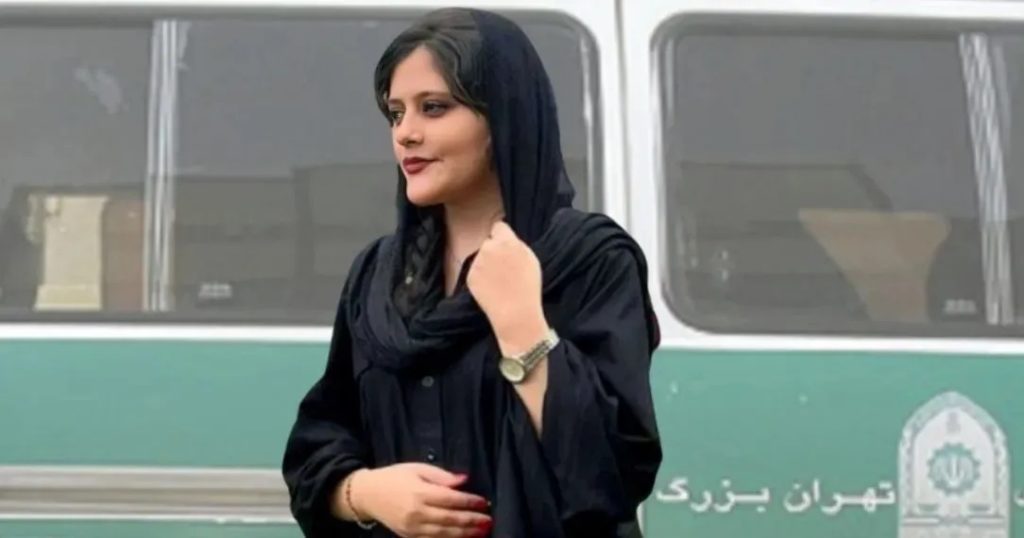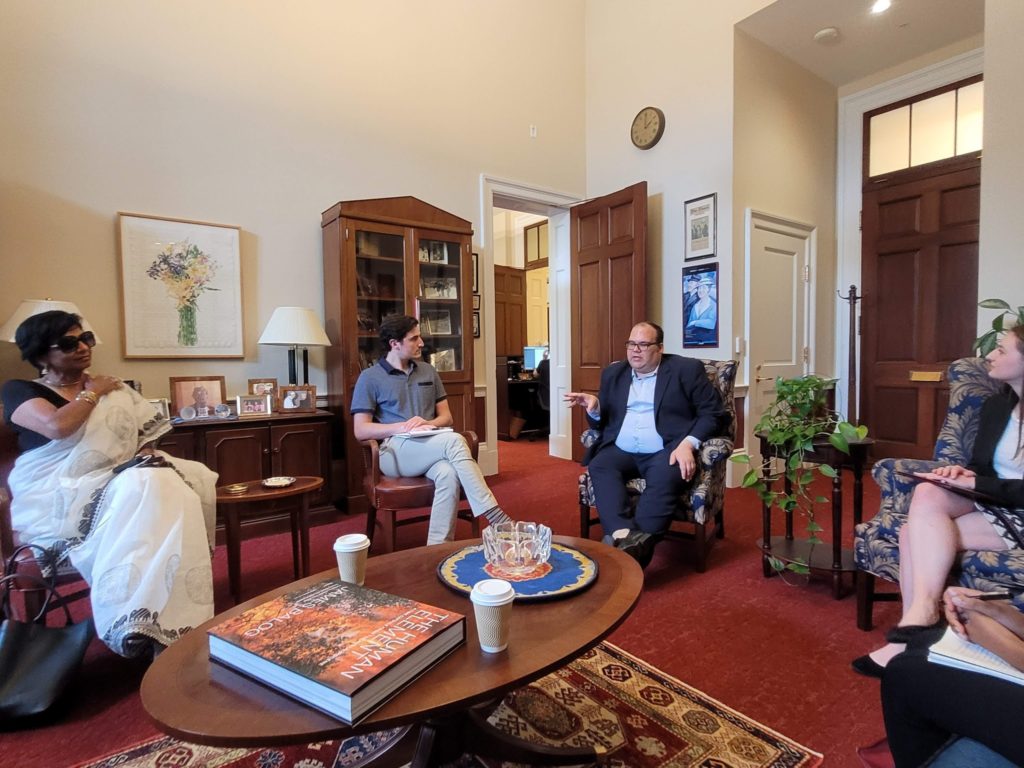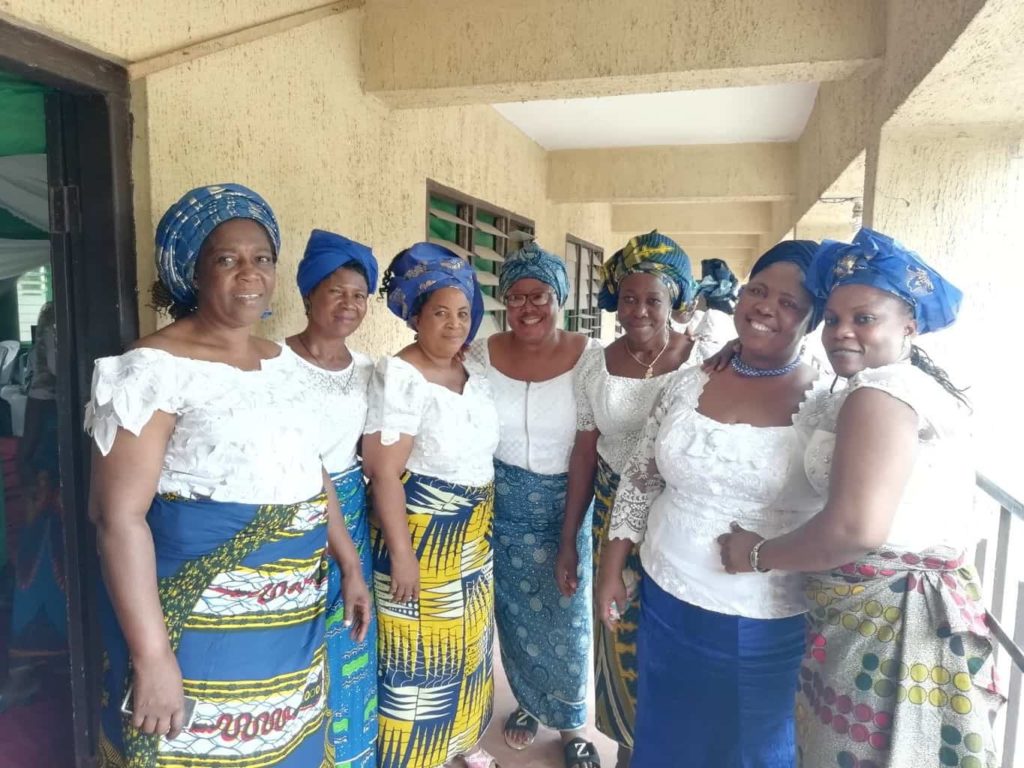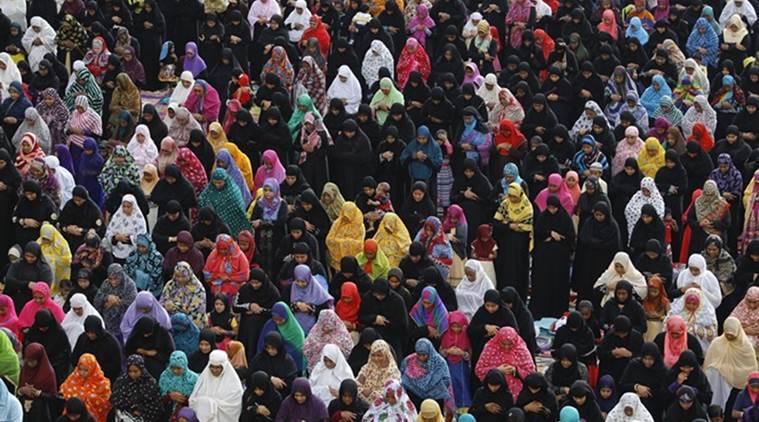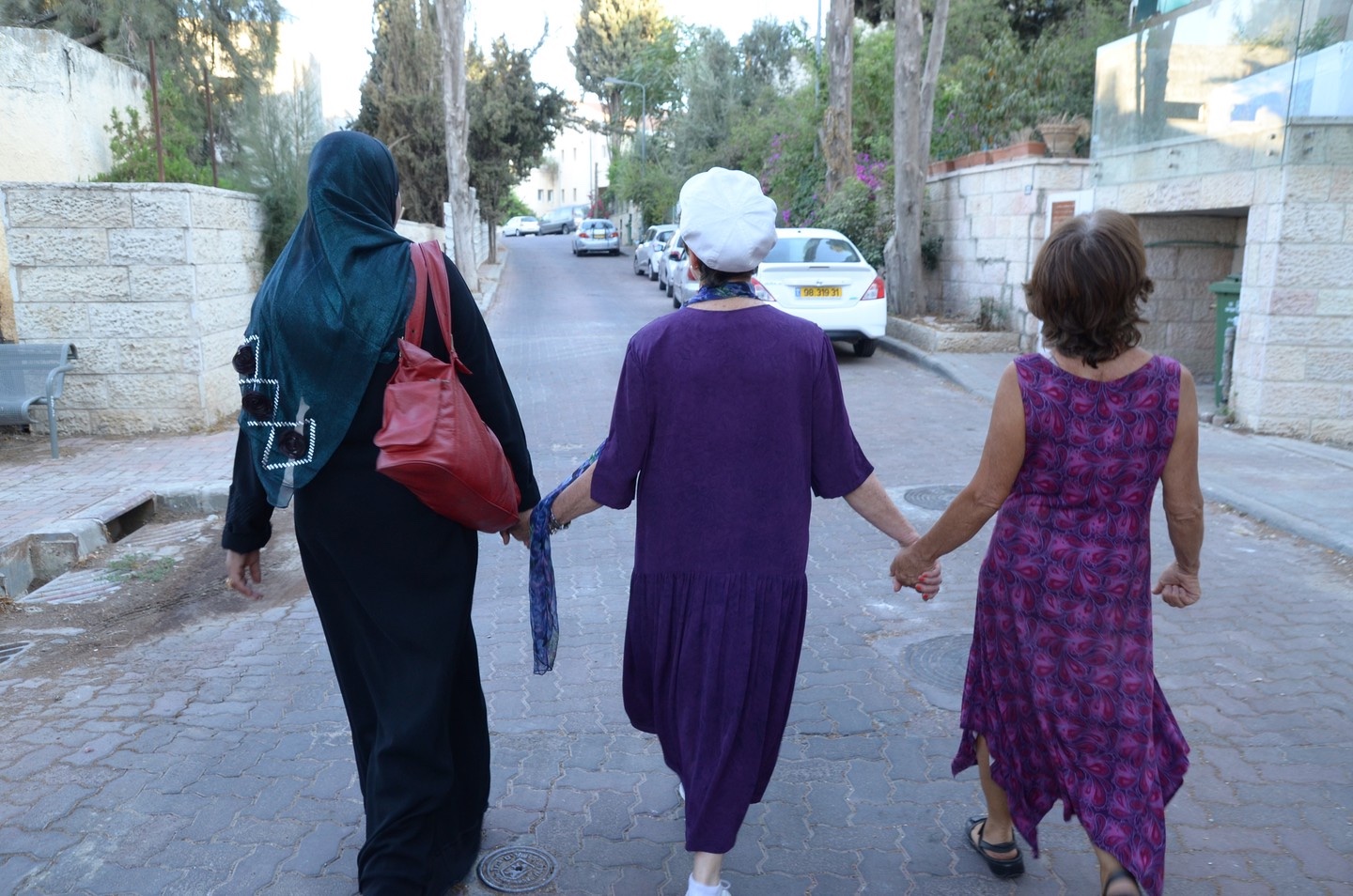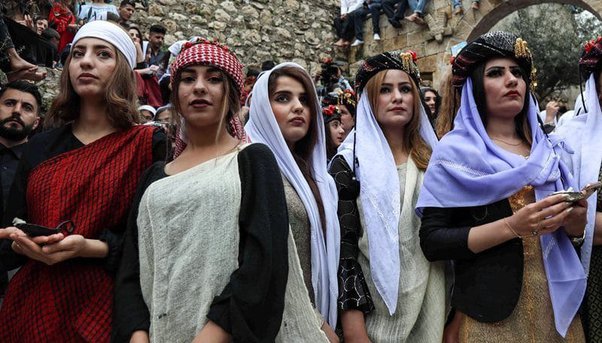Ten years ago, I left a 30-year career with BBC News because I felt that the story of what was happening to, particularly, women who faced the triple vulnerability of their poverty, their sex and their faith (i.e., belonging to the ‘wrong’ faith) was not reported enough (at all?) in our global media.
I was shocked that, while my focus then was on Africa, I had been totally oblivious to one particularly horrific event in India (2009) during which over 100 people had been killed, while 40 women had been raped or sexually assaulted (including at least one Christian nun who’d been raped by one man while two others stood on her hands to hold her down).
The very first day I started a niche news agency to focus on these issues I heard about a young Pakistani Christian girl, Rimsha Masih, in court charged with blasphemy (for which the penalty is death or life imprisonment) for allegedly burning the Koran. Her accuser, an imam, claimed she was 16, so she was being tried in an adult court; later reports confirmed she was still a minor, under 14. There was also doubt about her mental capacity, with many reporting she had Downs Syndrome; her family apparently reported that she was mentally ill.
Even with what we knew, it was clear she should never have been in court at all, let alone in the adult justice system.
Two weeks after Rimsha’s arrest, the imam’s deputy reported that his boss had in fact planted the burned pages in the young girl’s bag. The imam was arrested, and Rimsha was freed. But more than 300 Christian families living near Rimsha had already fled their homes for the forest, following threats of mob violence against them by local Muslims who believed Rimsha deserved to die.
The next year, 2013, Rimsha and her family found refuge in Canada.
Apart from the ‘famous’ Pakistani Christian mother Asia Bibi, whose false conviction for blasphemy (again, an imam incited Asia’s fellow berry-pickers to charge her) led to her decade on death row, another woman whose case should never have even come to court was Sudanese doctor Mariam Ibrahim.
It appears that jealousy prompted her half-brother and half-sister to accuse her of committing adultery, because – as the daughter of a Muslim man, her marriage to a South Sudanese Christian was not recognized in Islamic law. When, in the sharia court, she argued her father’s abandonment of her as a child meant she’d been raised as a Christian by her Ethiopian Orthodox mother, she was told she had committed apostasy by renouncing her father’s Muslim faith. The judge then gave her three days to renounce her Christianity. Then – when she did not – he sentenced her to be flogged for adultery before being hung for apostasy.
However, as she was pregnant with her second child, she had to wait until she gave birth, which she did shackled to her prison hospital bed by her wrists.
The delay gave her lawyers and the international community vital time in which to publicize her case. After her plight hit the global headlines, she was freed in June 2014, but immediately re-arrested as she and her husband – who held dual Sudanese and American citizenship – tried to board a plane to the US. A month later, she finally left Sudan on an Italian government plane: her first stop was to meet the Pope.
All these cases (rightly) eventually hit the global news headlines, and global awareness raising and advocacy meant that justice was finally served in each. All of them now live the life of a refugee in exile.
But what about the thousands of women and young girls whose cases never hit the global headlines, who continue to live (or should I say ‘exist’?) where they are under constant threat by the majority community around them simply because their family wants the freedom to choose their religion – and to change religion – as enshrined in Article 18 of the Universal Declaration of Human Rights? After all, 84% of the world’s population say their faith is important or very important to them.
Even though I had lived and worked in Pakistan and Vietnam, and spent considerable periods of time in other countries – including Sudan, Nigeria and Kenya – I had had no idea of the scale of harassment, intimidation, abuse and violence endured on a daily basis by women and girls simply because they and their community choose to believe in a religion which is not that followed by the majority in their nation. Although I’m not an expert on Islam, Sikhism or Judaism, over the past decade, I’ve worked with people from those faiths and I know the same happens for their communities in countries such as Pakistan, India, Sri Lanka and many more. Plus, we’ve all heard of the Chibok girls in Nigeria. In these digital days of Twitter and WhatsApp, with wars such as that in Ukraine playing out on Tik-Tok, we can no longer say ‘We did not know’…
Julia Bicknell now reports on issues affecting freedom of religion or belief around the world.
Disclaimer: The views and opinions expressed in this article are those of the authors and do not necessarily reflect the official policy or position of FoRB Women’s Alliance.
